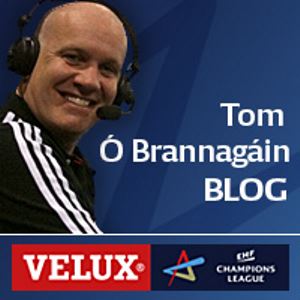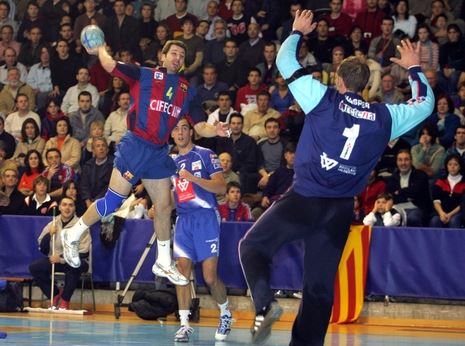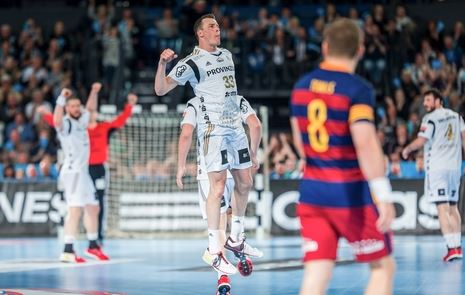

"FC Barcelona: The Fighting Irish"
"FC Barcelona: The Fighting Irish"
In 1935 Real Betis did something they had never done before and have never done since. They won the La Liga title in Spain. The following season, the coach, who had masterminded that incredible feat, became the coach of FC Barcelona. He came from a working class area in Dublin, Ireland and his name was Patrick O’ Connell.
He reinvigorated a team in the doldrums and led them to the Catalan championship which at that time was a tough thing to do. He returned to Ireland the following summer just before the outbreak of the Spanish civil war. The club wrote to him and said that he needn’t return, as it wasn’t safe, but return he did. He took a pay cut, and was instrumental in raising the funds that saw the club survive. In fact, without him, there might have been no FC Barcelona today.
He saw in the Catalan club a kindred spirit, a club that stood for something more than just sport. It was an identity, and coming from a country that also fought to show its identity, he believed.
In 1607 the nobility of Ireland, the princes that held the last vestiges of Brehon law and Gaelic kingdom, were banished from the Emerald isle’s shores. Defeated after 9 years of war, they left to settle in the Catholic kingdoms of Europe. By 1691, the last of the great professional armies of Ireland had left to serve in the armies of European kings. Somewhere in the mix was the O’Callaghan clan.
The name survived the centuries and reappeared in the golden age of FC Barcelona handball in the guise of one Xavier O’Callaghan. A super team player, a fighter, a man who claims now not to have the best skill in the world, had the blood of Irish nobility flowing through his veins. He is now in charge of the handball section.
The affinity between Irish and FC Barcelona cannot be underestimated. There is something in their motto and identity that we closely understand. It goes beyond sport and logic. It is the beating heart of a people and although it might not have the same significance as it did in the civil war years, it still reverberates through a community.
This weekend “Ó Brannagáin” will step into the hallowed spaces of the Palau Blaugrana, knowing that the fight is never over. History has shown that the outcome is never assured and, definitely, never assured here. Ok, I’m just a mere bystander, but since my induction into handball I have seen miracles happen on this court.
Landin will remember taking a seven-goal lead here with RNL and it disintegrated. Canellas took a five-goal lead here with Atletico Madrid and it was obliterated. Kiel took a three-goal lead here in 2000, and lost the final of the Champions league.
And as if Gislason needs reminding, his team led by five against Ciudad Real in 2009 and were leading by four in the away leg, only to see the trophy slip from their grasp. Spain is not a happy hunting ground, and Barcelona, for a lot of powerhouses in European handball, in recent seasons, even less so.
Five goals in handball is a dangerous lead. It is not enough, that is for certain, but it seems like enough. Breaking it down, Barca need to outscore Kiel by one goal every twelve minutes and that is eminently doable.
But the fires of hope still remain. 100 years ago this week, the Irish rebels took on the might of the British Empire. For one long week, they held out against the mightiest military force in the world. On 29 April they finally capitulated. The rising ended in glorious failure.
Barcelona has had a long week to think about their capitulation in Kiel and they will be hoping that they don’t evoke that spirit here. Better they remember the spirit of Real Betis under the tutelage of “Don Patricio”.
But throughout this entire piece we have forgotten one of the most notable Irish laws.
It’s called: ”Murphy’s Law”.
And it states that anything that can go wrong will go wrong.
Don’t Alfred and Xavi Pascual know that all too well?







